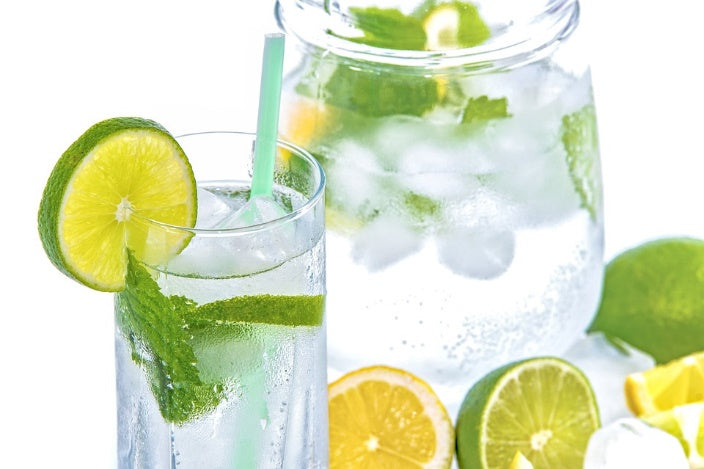
Dec 13 , 2016
The Effects of Not Filtering Tap Water
Many people are vaguely aware that tap water isnt as clean or as pure as it could be. However, most of us also take it for granted that its safe to drink nevertheless. In actuality, common tap water is full of contaminants, some of which can drastically affect your health.
That said, filtering your tap water isnt just a good idea worth considering. Its something every household should be doing for the sake of their entire household. Lets take a closer look at some of the consequences of not doing so.
1. Youll be consuming arsenic with every sip.
Yes, you read that correctly arsenic. Arsenic is such a well-known toxin that you recognize it immediately by name. That said, you wont find it surprising that arsenic can cause a wealth of different health problems, up to and including multiple forms of cancer. Its also present in most tap water. Arsenic in tap water is such a big problem that, back in 2001, the Environmental Protection Agency (EPA) had to cut the maximum allowable amount in half because of the risks.
Dont think the tap water where you live could possibly be that bad? Consider the fact that the Natural Resources Defense Council estimates roughly 56 million Americans in 25 different states are currently drinking water with unsafe levels of arsenic in it. You could easily be one of them.
2. Your chances of getting Alzheimers might be higher.
Did you know that some of the known contaminants in unfiltered tap water have been linked to a higher likelihood of developing Alzheimers? Aluminum is one of them, and its present in most tap water. Aluminum has also been linked to a host of other serious health issues, including but not limited to liver disease, gastrointestinal disease, and Parkinsons.

3. Youre probably consuming trace amounts of multiple pharmaceuticals.
Even if you accept the fact that heavy metals, bacteria, and chemicals can be present in tap water, you probably wouldnt immediately think of tap water as also being full of drugs. However, you absolutely should. Even if people dispose of their unused, unwanted, or expired medications via the garbage instead of the toilet or the sink, they still make their way back into the water system in trace amounts.
Consider the fact that rain falls over the average landfill just as it does anywhere else. The resulting moisture drains through all of that garbage medications included and eventually winds up in our rivers. Not all cities source their water from rivers, but a large number do. If this is the case for your city, your entire family could be drinking water laced with anything from prescription painkillers, to Tylenol, to birth control pills.
4. Youre not providing your children with the best possible start in life.
While the toxic elements present in tap water arent good for anyone to be consuming, this is even more the case for children. Consistent exposure to some of these chemicals and compounds can mean their immune systems dont develop as they should. Some of the contaminants in question have also been linked to common childhood disturbances like hyperactivity, learning disabilities, and behavioral issues.
This is just as much the case before theyre born as after. Pregnant women have very sensitive systems as well, and they need access to the cleanest, safest drinking water possible, not just for their sake, but for the sake of their babies. After all, why wouldnt you do everything you can to prevent birth defects and other potential pregnancy issues?

5. Your water doesnt taste as good as it should (and neither does your food).
Tap water tastes bad for a reason. All those contaminants, bacteria, heavy metals, and other toxins stop it from being the pure, refreshing drink that it otherwise would be. In fact, most people who make the switch to filtered water immediately comment on how much nicer it tastes and wonder how they ever drank anything else.
Switching to filtered will make your food taste better as well. Contaminants in water can spoil the taste of even your most flavorful recipes. When you switch to filtered, all of the wonderful flavors of the foods you cook will be preserved.
Making the switch to filtered water has never been more affordable or convenient. Today, continuous access to uncontaminated, healthful water is literally as easy as purchasing a water filter for your refrigerator or installing a faucet water filter on your kitchen sink. You can even purchase water filters that service your entire house, providing you with clean water for showering, laundry, and more. Explore the possibilities today!


